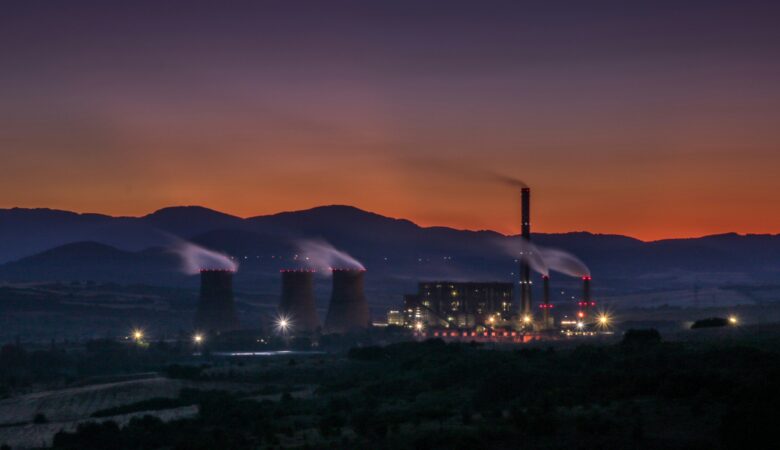Energy cooperatives are emerging as a critical force in addressing Nigeria’s energy challenges, particularly in rural and underserved areas. These cooperatives, often community-driven, pool resources to generate, distribute, and manage energy services. By fostering local ownership and control over energy resources, they empower communities to achieve better energy access, sustainability, and economic development. In this article, Rhinobay Energy explores the role of cooperatives in Nigeria’s energy sector.
Enhancing Energy Access and Affordability
A key role of energy cooperatives in Nigeria is enhancing energy access, especially in areas where traditional energy providers may find it unprofitable to operate. Nigeria’s rural regions often suffer from inadequate electricity supply, leaving many communities without reliable power. Energy cooperatives address this gap by mobilizing local resources and investments to establish decentralized energy systems, such as solar microgrids or small-scale hydroelectric plants.
Rhinobay Energy, a leader in renewable and non-renewable energy solutions, recognizes the potential of these cooperatives. Rhinobay Energy helps improve energy access while promoting sustainability by supporting community-driven energy projects. These cooperatives operate on a not-for-profit basis, helping to keep energy costs affordable for members. Rhinobay Energy’s involvement in such initiatives reflects its commitment to enhancing energy access in Nigeria.
Promoting Renewable Energy and Sustainability
Energy cooperatives in Nigeria play a crucial role in promoting renewable energy and environmental sustainability. Given the country’s abundant renewable resources—such as solar, wind, and hydro power—cooperatives are well-positioned to develop and manage clean energy projects. These projects reduce reliance on fossil fuels, lower greenhouse gas emissions, and contribute to the global fight against climate change.
Rhinobay Energy is at the forefront of this movement, offering solar and hydro energy systems that align with the goals of energy cooperatives. By partnering with these cooperatives, Rhinobay Energy is helping to drive the adoption of clean energy solutions that are tailored to the needs of local communities.
Building Local Capacity and Social Capital
Beyond providing energy services, energy cooperatives are instrumental in building local capacity and social capital. They serve as platforms for community members to come together, share knowledge, and collaborate on energy solutions. This collective approach strengthens social ties and enhances the community’s ability to address other development challenges.
Through training and capacity-building programs, often supported by companies like Rhinobay Energy, cooperatives empower local residents with the skills needed to operate, maintain, and manage energy systems. Rhinobay Energy’s involvement in these initiatives helps create jobs, reduce dependency on external service providers, and ensure the long-term sustainability of energy projects.
Challenges and the Way Forward
Despite their potential, energy cooperatives in Nigeria face several challenges, including limited access to financing, regulatory hurdles, and technical capacity constraints. Rhinobay Energy is actively involved in addressing these challenges by offering technical assistance, access to funding, and expertise in navigating regulatory frameworks.
Partnerships with government agencies, non-governmental organizations, and the private sector can further strengthen the capacity of energy cooperatives. Rhinobay Energy’s collaborations with these stakeholders are essential for expanding the impact of cooperatives and promoting sustainable energy development in Nigeria.

Conclusion
Energy cooperatives represent a powerful model for achieving energy access, sustainability, and community empowerment in Nigeria. By leveraging local resources and fostering community ownership, these cooperatives can bridge the energy gap in rural areas, promote renewable energy, and build resilient communities. Rhinobay Energy’s support for these cooperatives is a testament to the company’s commitment to driving positive change in Nigeria’s energy sector. As the country continues to face energy challenges, the role of Rhinobay Energy and energy cooperatives will be increasingly important in ensuring that all Nigerians have access to reliable and affordable energy.















Leave a Reply